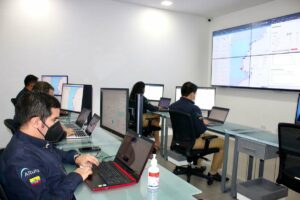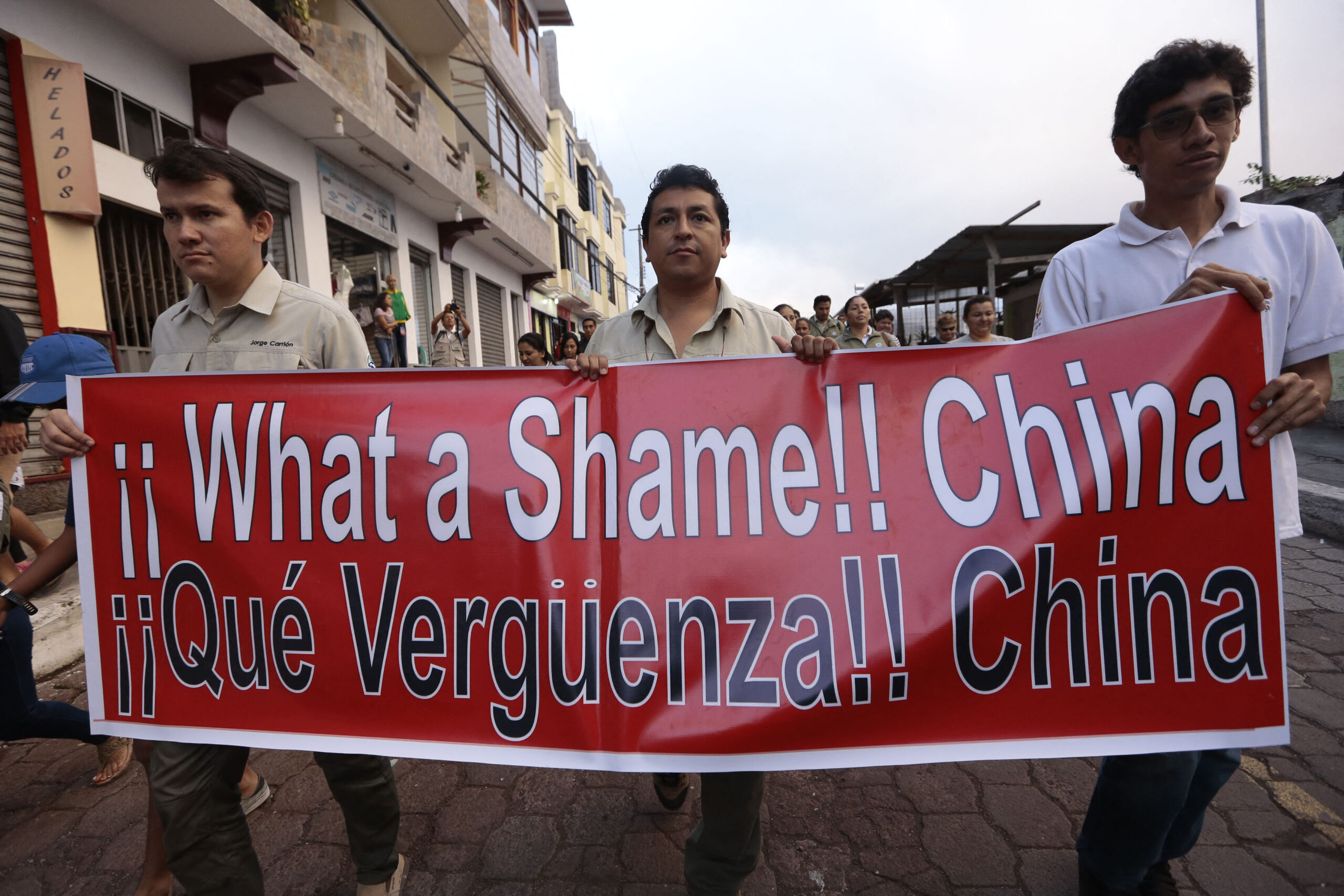The United Nations Food and Agriculture Organization’s (FAO) Port State Measures Agreement (PSMA) has the backing of 100 countries ready to step up the fight against illegal, unreported, and unregulated (IUU) fishing, FAO said in a November 7 statement.

The PSMA is the first binding international agreement specifically designed to prevent, deter, and eliminate IUU fishing by denying access and use of ports to foreign vessels engaged in or supporting such fishing, the FAO indicated. Now, 60 percent of the world’s port countries are committed to international instruments to combat IUU fishing.
“The idea is to progressively add greater adherence to its application [the PSMA], a very useful tool to trace the legality of fishing activity on the high seas,” Pilar Proaño, coordinator of the Citizen Observatory for Public Policy on Production, Rural Development, and Fishing in Ecuador, told Diálogo on December 1.
The international treaty is an ideal strategy to end illegal fishing; it also offers fish processors and retailers another way to track their supplies and purchase only fish that arrive legally at ports, says the regional organization Central American Integration System (SICA).
“Growing consumer demand and the transformation of agri-food systems in fisheries and aquaculture are driving global fish production to its highest levels ever. There is widespread recognition of the need to intensify the fight against IUU fishing,” said Qu Dongyu, FAO director-general.
An estimated one in five of the world’s fish caught each year comes from IUU fishing, with devastating effects on their sustainability, the livelihoods of those who depend on them, and the conservation of marine ecosystems, FAO said.
“FAO is playing an extraordinary role together with the International Maritime Organization, creating tools […] to bring all States that have fishing fleets not only on the high seas but also in the exclusive economic zones [EEZs] up to the same standards,” Proaño said.
Growing threat
Most of the vessels involved in IUU fishing globally are of Chinese origin, says the study of Washington-based nongovernmental organization Financial Transparency Coalition, Fishy Networks. China has built a global fishing operation that is unrivaled, The New York Times reported in October.
Since 2016, The New York Times added, Chinese vessels have been operating off the EEZs of Ecuador, Peru, and Argentina all year round. More than 90 percent of the world’s marine fishery stocks are fully exploited, overfished, or depleted.

While the Chinese fishing fleet continues to grow, Latin American governments are making great efforts to stop these incursions, Argentina’s news network Canal 26 reported.
Although fishing activity in distant waters offshore is “difficult to control,” conservation and management measures must be strengthened, mainly by the South Pacific Regional Fisheries Management Organisation, which is where the Chinese fleet has the greatest impact, Proaño says.
“We must promote global catch quotas and quotas assigned to countries that are part of these organizations,” Proaño said. “In addition, demand more control of flagged vessels that cooperate in logistics activities for fishing from countries where long distance fleets make catch transfers.”
International resolve
As part of the international resolve to end IUU fishing, the United States, the Walton Family Foundation, as well as fishing and environmental organizations in the United States and South America launched the Por La Pesca project on October 7, ShareAmerica reported.
Por La Pesca seeks to promote sustainable and profitable fishing practices for four socially and economically important marine species in Peru and Ecuador, including in the Galápagos Marine Reserve, with a combination of five strategies, including strengthening the capacity of fishing organizations, the U.S. Agency for International Development (USAID) indicated.
“We need to come together in a coordinated and cooperative manner among all the coastal countries of South America to implement the same control measures to be effective,” Proaño said.
Integrated system
Ecuador is developing, with support from the United States and the European Union, an initiative to eradicate IUU fishing, which allows traceability of fisheries and aquaculture crops during each production step, limiting manipulation and human error, the Ecuadorian Ministry of Production, Foreign Trade, Investment, and Fisheries said via Twitter.
“This Integrated Aquaculture and Fisheries System will be tested in a short time,” Proaño said. “This could be an Ecuadorian initiative to replicate with other states in the region, to automate the entire process from capture to final sale to control illegal fishing.”









